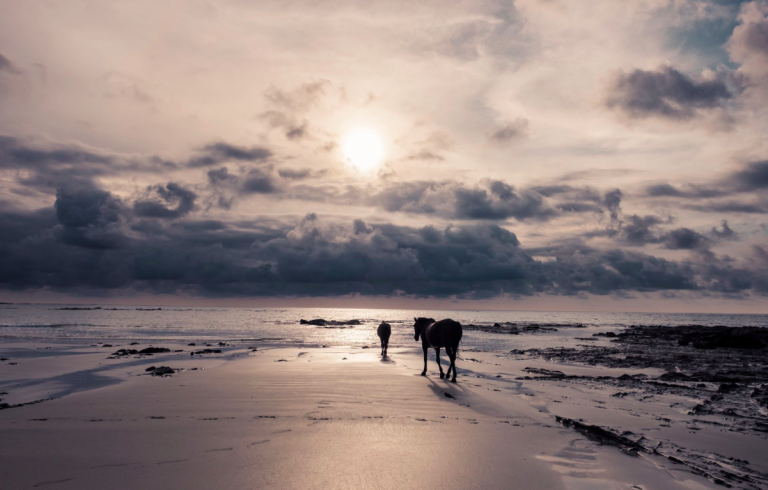Will Steger
Will Steger will be teaching Wisdom & Wellbeing Week 4: Multi-Faculty – Purpose, Engaged Buddhism and Eco-Activism | February 1 – 8, 2025 at Blue Spirit on the following topic:
Inside an Explorer’s Mind and Life of Legacy
Inside an Explorer’s Mind is an account of Will Steger’s expedition thinking applied to any dream, challenge or situation. Life of Legacy is a reflection of Will’s career in education, environmental leadership, innovation, entrepreneurship and exploration. As a world-renowned explorer, Steger demonstrates how expedition principles are relevant to any situation and helps you reflect on your legacy.

More About Will
Will Steger is a formidable voice calling for the understanding and preservation of the Arctic and the Earth. Best known for his legendary polar explorations, Steger has traveled tens of thousands of miles by kayak, canoe, ski, and dogsled, leading teams on some of the most significant polar expeditions in history. Due to a changing climate and the subsequent loss of ice, none of Steger’s expeditions could be replicated today. Many of his expedition firsts will also go down in history as the last.
Polar Explorer
Will Steger stands out as the pre-eminent explorer of our time. He has a record of unprecedented firsts to his name:
- First confirmed dogsled journey to the North Pole without re-supply (1986)
- 1,600-mile south-north traverse of Greenland, the longest unsupported dogsled expedition
- in history (1988)
- First dogsled traverse of Antarctica, the historic seven-month, 3,471-mile International
- Trans-Antarctica Expedition (1989–90)
- First dogsled traverse of the Arctic Ocean in one season from Russia to Canada’s Ellesmere Island (1995).
Steger continues his explorations, embarking on annual solo expeditions to the Canadian Arctic to push physical limits, document a changing climate, and connect with communities around the globe.
Educator
Education is central to everything Will Steger undertakes. He received his B.S. in Geology and M.A. in Education at the University of St. Thomas, St. Paul, Minnesota, and taught science for three years at the secondary level. In 1970, he moved from his birthplace in Minneapolis to the wilderness north of Ely, Minnesota. There he founded a winter school and for ten years created outdoor programs using dog teams and skis as means of travel. But he knew he needed to move beyond the classroom to make the kind of educational impact that he wanted. His unique ability to blend extreme exploration with cutting-edge technology has made him a pioneer in online education, allowing him to reach millions of people around the world under some of the most hostile conditions on the planet. He may use primitive methods for his travel, but his expeditions take place at the frontier of the information age. Steger’s International Trans-Antarctica Expedition had over 16 million global followers via satellite updates before the arrival of the internet. Over 2 million students followed his 1995 International Arctic Project via journal entries and live interactions. That expedition sent the first-ever transmission of a digital photograph from the North Pole.
Steger’s pioneering work in adventure-based environmental education was pivotal as he founded the Global Center of Environmental Education at Hamline University and the World School for Adventure Learning at the University of St. Thomas in 1993. Based on his unique eyewitness experience with climate change in the polar regions, Steger established the nonprofit Climate Generation in 2006 to educate and empower people to engage in climate change solutions.
Environmental Ambassador
Steger is a recognized authority on polar environmental issues and is a ceaseless advocate for the Earth’s well-being. He has testified before the United States Congress on the Arctic regions, climate change, and other environmental issues. The 1990 International Trans-Antarctica Expedition was instrumental in garnering international support for preserving Antarctica from mineral exploration, and in 1992 succeeded in securing all Antarctic Treaty nations’ signatures to maintain Antarctica’s protection for research and education. The recent film After Antarctica documents the impact of this expedition and international accomplishment. Steger was invited to testify on climate change before eight joint committees of the Minnesota Legislature in January 2006; his eyewitness account resulted in the passing of bipartisan policies, including a renewable electricity standard and an economy-wide greenhouse-gas-reduction law.


